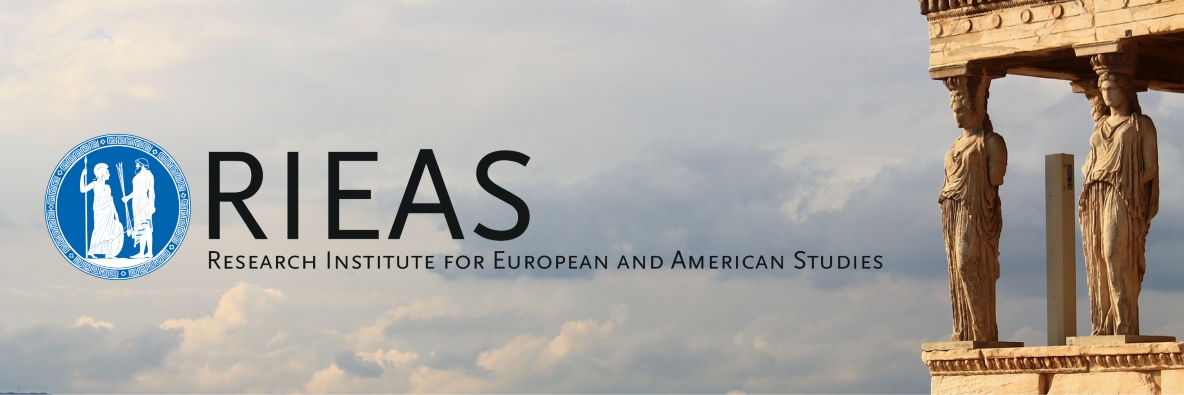RENDEZVOUS IN WASHINGTON: AN INTERVIEW WITH RUSSIA’S LEGENDARY SPYMASTER MAJOR GENERAL (RETIRED) OLEG KALUGIN
 Daniel Little
Daniel Little
(RIEAS Senior Advisor)
Copyright: www.rieas.gr
History is as much defined by circumstances and perceptions as they are by their actors. While debate over the minutest detail lies within the domain of history’s most stalwart scholars, it is the available evidence that ultimately persuades the contemporary practitioner to draw parallels between the world that was and the reality it has evolved to become. The fields of diplomacy and defense in particular are driven by such national interests. Whether they are rooted in history (notably war and politics), economic comparative advantages (or disadvantages) or geographic placement, the aspirations to fully realize national identity leaves nothing to chance for those who wield its power. For those who rule, the ability to know addresses how to act, when to act and the degree to which it is acted upon that can decide a nation’s fate. This cannot be obtained by the leaders themselves – someone must go out there and obtain it for them. Normally entrusted to the most ardent and enterprising of its patriots, the desire to act decisively on a strategic level requires uncommon sacrifice much less risk taking. Such people, win or lose, serve the intelligence branch of their country. In the field, they are known as ‘spies.’ ... Read more

 Nastassia Sianko
Nastassia Sianko  Alexis Giannoulis
Alexis Giannoulis Zhyldyz Oskonbaeva
Zhyldyz Oskonbaeva  Alexis Giannoulis
Alexis Giannoulis  By Alexis Giannoulis
By Alexis Giannoulis